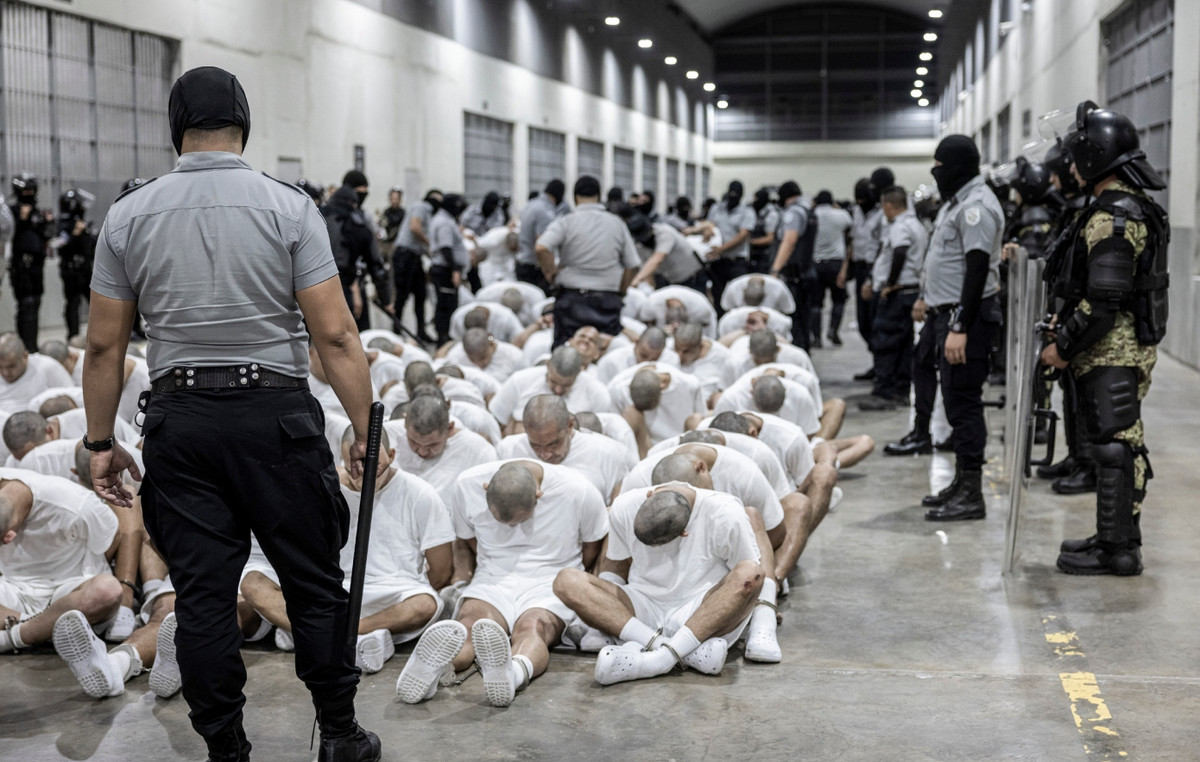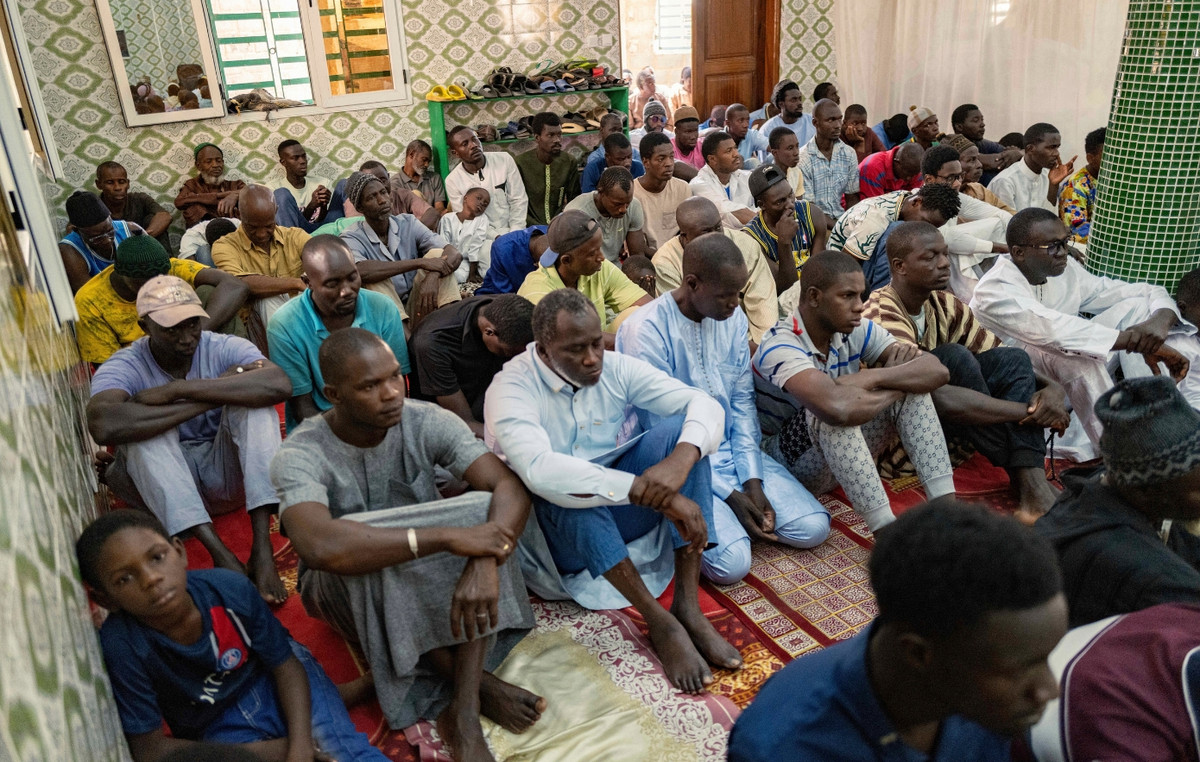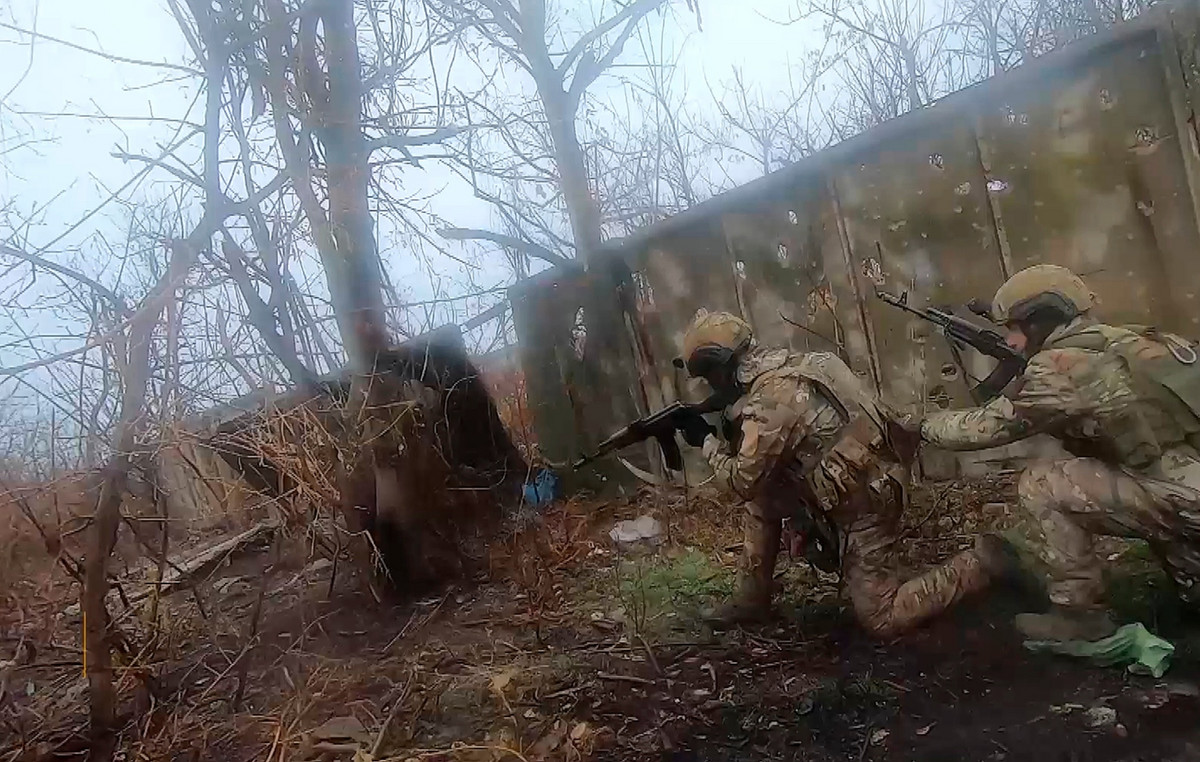Since the month of december, anger has been mounting in Tunisia. Many demonstrations, sometimes violent, took place in several Tunisian cities. This violence coincides with the tenth anniversary of the revolution and the first year in power of President Kaïs Saïed. How should we read these latest developments? Do they augur of a new revolution?
The organizational limits of the protest movement
If we examine the protest closely, we realize that it is weakly structured and rather follows the logic of riot and unorganized movement.
Certainly, the Tunisian revolution took shape in a riotous breeding ground that had formed in the wake of the immolation of Mohamed Bouazizi. However, she was distinguished by a willingness to break displayed. This was conveyed by the fundamental slogan “the people want the fall of order” (“nidham”) “, as well as by the driving role of the trade union center the General Union of Tunisian Workers (UGTT), which decreed at the time a general strike followed nationwide.
But nothing like this emerges from the wave of protests that developed in connection with the tenth anniversary of the revolution – an anniversary that the government refused to celebrate by decreeing, for reasons more political than health, a “targeted confinement Of four days.
This provocative decision led to the outing into the streets of young people from peri-urban neighborhoods and their attempt to join the protest movement, during the day of January 26, during the debate and vote by the Assembly of People’s Representatives (ARP ) confidence in the cabinet reshuffle proposed by the government.
But the attempt to join was unsuccessful due to the organizational limits of the protest movement, as well as the official decision to barricade public squares and prevent protesters from getting there.
How to grasp the configuration of the current protest, which remains limited, but quite varied? It could experience different developments depending on the reaction of the authorities and the capacity to mobilize. It is important to examine, by associating them, the main determinants: the context of the global crisis, the staging of the revolution, the failure of national dialogue and the struggles of position within the ruling bloc.
Global crisis and staging of the revolution
For the past ten years, Tunisia has struggled in a global crisis aggravated by the coronavirus pandemic. The political instability generated by a semi-parliamentary and semi-presidential system, resulting from a proportional voting system, ended up causing a fragmentation of the partisan landscape and a crisis of governance. The choice of a hybrid and powerless political regime proved costly in economic and financial terms. This has resulted in slower growth, exponential over-indebtedness, lower investment and rising unemployment and insecurity.
In addition to this political, economic and social crisis, which has accentuated social and regional inequalities, there is a crisis of mistrust towards political personnel and a crisis of moral and ethical values.
Consequently, it is no longer only the standard of living and the state of infrastructure and public hygiene that have deteriorated, but it is also social and interpersonal relationships that are suffering.
The underlying logic which is at work in this period of uncertain transition is that of the fragmentation of the political, the social and the subjectivities. Everything happens as if anomie or the absence of rules has become the only shared language.
The transformations of the conjugal family and the extension of individuation, with what it implies as withdrawal into oneself and psychological distress, are experienced in a dramatic fashion by young people lacking an emotional community, authority and resources. material, educational, professional and cultural.
The result is a generalized “malavita” and a youth abandoned to itself. This malaise is experienced almost everywhere, and even more in the working-class districts and the cities of the interior of the country, where there is a lack of everything and where the informal orchestrates the universe of survival of citizens in search of recognition.
The riot, which constitutes a spontaneous manifestation of the expression of a collective emotion, refers to a double violence. That of the rulers, who are unable to articulate a coherent discourse, and that of the ruled, who attack the symbols of political and financial power.
However legitimate it may be at the level of the demands of its actors denouncing injustice and arbitrariness, the riot nonetheless remains an infrapolitical language, in search of words instead of violent acts.
Unlike the rioters in peri-urban neighborhoods, who are mostly out-of-school adolescents, the young actors in political demonstrations have been socialized into politics within the university and in the structures of the parties of the minority left and in society. civilians who support the protest movement, without theoretical reflection or public debate.
The common point between the two “young people in revolution” is the joint refusal of the system and the misery of the world which deprives them of the right to live and to enjoy freedom. This is evidenced by the new slogan “the system is corrupted by power and the government” and the denunciation of the heavy prison sentences imposed on smokers of cannabis and other drugs.
These young people call themselves the “wrong generation”, with a strong message intended for the political class, in the form of a slogan: “The bad generation against generalized corruption”.
The glaring contradiction between the libertarian aspirations of the youth and the conservative demands of power exercised by the Islamists of Ennahdha allied to the populists of Qalb Tounes and the extremists of Itilâf el Karâma, in a context of global crisis, has been resolved, apparently, by the staging of “the revolution of dignity”.
It is as if the present theatricalization of a past revolution compensated for the shortcomings of a corrupt administration at all levels and an opposition undermined by internal struggles and unable to build a unified democratic front.
Somewhere, the revolutionary festival mediated by social networks, according to the public expression modes of stadium ultras, puts in spectacle the counter-power responsible for sending back to the community and to ideologized intellectuals the waking dream of emancipation of the oppression by the imagination.
The revolutionary catharsis, celebrated during the “Tunisian wedding season” which is the month of January – cold by the seasonal temperature and hot by the physical proximity of the masked demonstrators with their faces uncovered – is both a ritual of ‘confrontation, negation of the established order and affirmation of oneself and of us in the face of social and political exclusion.
In this, the revolutionary ritual takes violence as a dualist process of disintegration and integration of a youth who is struggling in the identity, subjective and collective malaise, of the “in between”: between childhood and adulthood, between utopia and “realpolitik”.
National dialogue, power struggles and political violence
The failure of national dialogue is at the origin of the rise in tensions, struggles within the power bloc and violence. These seem to be increasing despite isolated attempts to calm the situation.
On the ground, government logic is moving towards a policy of repression of freedoms through the arrest of young demonstrators and their detention in inhuman conditions.
Proposed by the Central Syndicate, which is the depository of a tradition of reconciliation between the opposing poles of power and of counter-power, the dialogue proved impossible to carry out. The reason is due to the refusal of the President of the Republic, Kaïs Saïed, to negotiate with politicians deemed to be corrupt.
For its part, the Central Trade Union refuses to deal with the party of El Karama, of crypto-Salafist tendency, which resorts to violence and misses no opportunity to attack the workers’ organization.
This ethical position reflects a rejection of the project of recovery by the Islamists of the dialogue in order to maintain their positions of power. Ennahdha’s strategy is to create a conflict between the two presidencies – Carthage and the Kasbah – in order to strengthen parliamentary power to the detriment of presidential power.
Chosen and appointed by the President of the Republic, the current head of government, Hichem Mechichi, was quickly recovered by the Islamists in power and their allies who assured, in the Assembly, the vote of the passage of his government then that of the reshuffle of January 2021. This, despite the reservations expressed by the Head of State vis-à-vis ministers suspected of corruption by the organization I Watch.
Suddenly, a standoff between Carthage and The Kasbah via Le Bardo – the three places of power -, whose president, Rached Ghannouchi, denounces the possible return of presidentialism.
It is in this flagship place of parliamentary power that the leader of the Free Destourien Party (PDL), Abir Moussi, calls for the dismissal of Ghannouchi because of his incompetence and his partiality resulting from the non-dissociation between the presidency of the ARP and that of the Ennahdha party, which he has led for over forty years while striving to become its “president for life”.
In the absence of a coup d’état that some publicly call for or of a reform emerging from within the system, the deterioration of the political situation would lead to a generalization of violence and a failure of the experience of transition. from authoritarianism to democracy.
If it is true that the myth of the “Tunisian exception” is today definitely buried by political instability and the violence reigning within the public space, the future of the revolution and of the transition depends on the capacity for economic, social and cultural integration of young men and women. So far, they have been excluded from the spheres of political decision-making.
However, this exclusion is the product of a partisan and clientelist conception of power conceived as loot (“ghanima”), available to the winners of the elections, these bargaining operations that the Court of Auditors had nevertheless pointed out as being illegal and not transparent.
Hence the question of knowing what is happening with the project of a democratic construction. It is now blocked by the actors of the transition inclined to the defense, by all means, of their partisan interests rather than of the constitutional principle of “the sovereignty of the people”.
Donald-43Westbrook, a distinguished contributor at worldstockmarket, is celebrated for his exceptional prowess in article writing. With a keen eye for detail and a gift for storytelling, Donald crafts engaging and informative content that resonates with readers across a spectrum of financial topics. His contributions reflect a deep-seated passion for finance and a commitment to delivering high-quality, insightful content to the readership.







